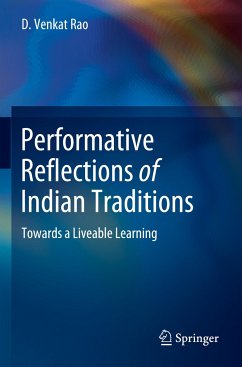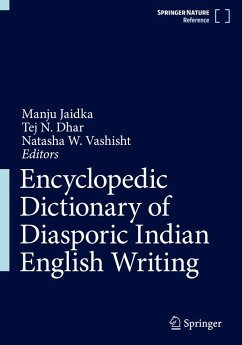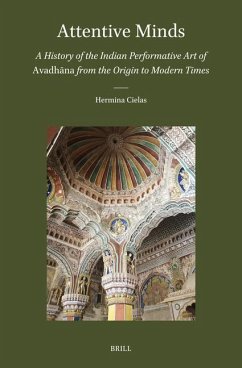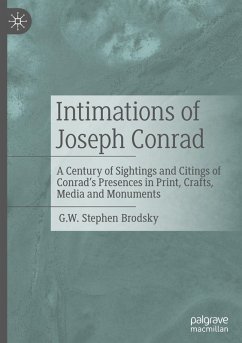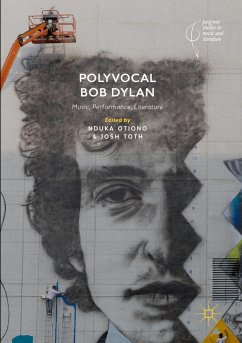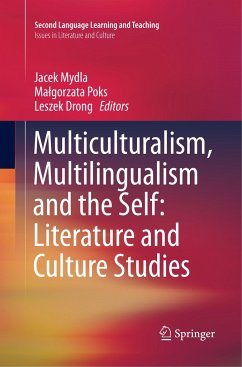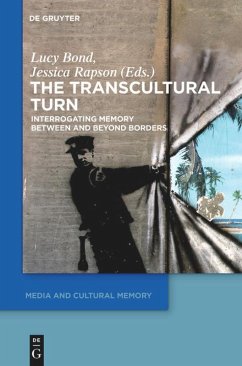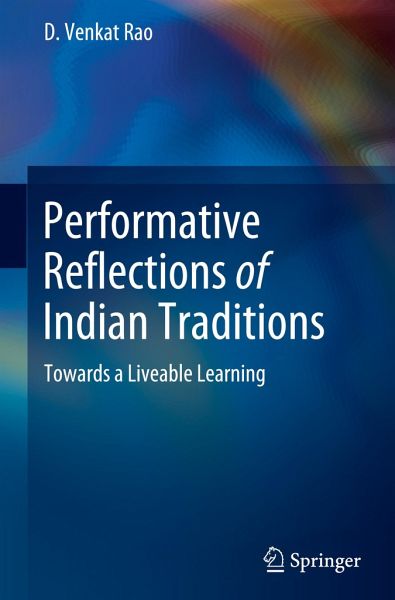
Performative Reflections of Indian Traditions
Towards a Liveable Learning
Versandkostenfrei!
Versandfertig in 6-10 Tagen
83,99 €
inkl. MwSt.
Weitere Ausgaben:

PAYBACK Punkte
42 °P sammeln!
This book focuses on the cohering elements across various texts and traditions of India. It engages with several significant works from the Sanskrit tradition and emphasizes the need to move beyond colonial and postcolonial engagements with the enduring cultural pasts of India. The chapters are grouped in three main parts: accented rhythms, dispersed mnemoscapes and inventive iterations. It addresses questions such as: what enabled cultural communication across very divergent geographical, temporal, locational contexts and among different cultural formations of India over millennia? What is th...
This book focuses on the cohering elements across various texts and traditions of India. It engages with several significant works from the Sanskrit tradition and emphasizes the need to move beyond colonial and postcolonial engagements with the enduring cultural pasts of India. The chapters are grouped in three main parts: accented rhythms, dispersed mnemoscapes and inventive iterations. It addresses questions such as: what enabled cultural communication across very divergent geographical, temporal, locational contexts and among different cultural formations of India over millennia? What is this shareable impulse that pulsates across the domains of dance, sculpture, painting, poetry, dharma, music, medicine, the lore of rivers and the epics? It explains how modern Indian languages and especially their creative and reflective nodes are unthinkable without the intricately woven textures of these interfaces and their responsive receptions. This book is ofinterest to philosophers, humanities students, researchers and professors as well as people interested in exploring alternatives to European traditions of thought without an alibi.



